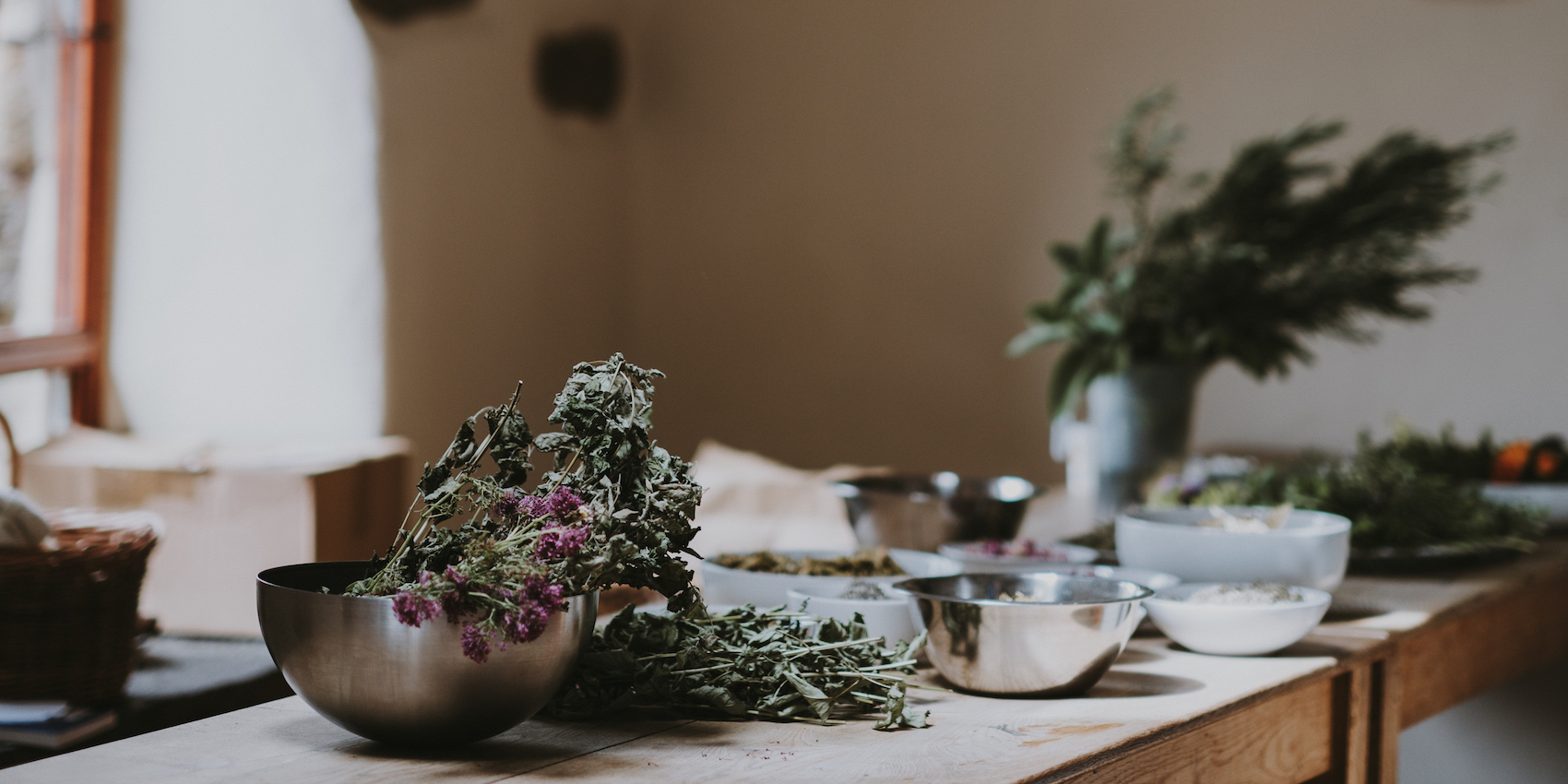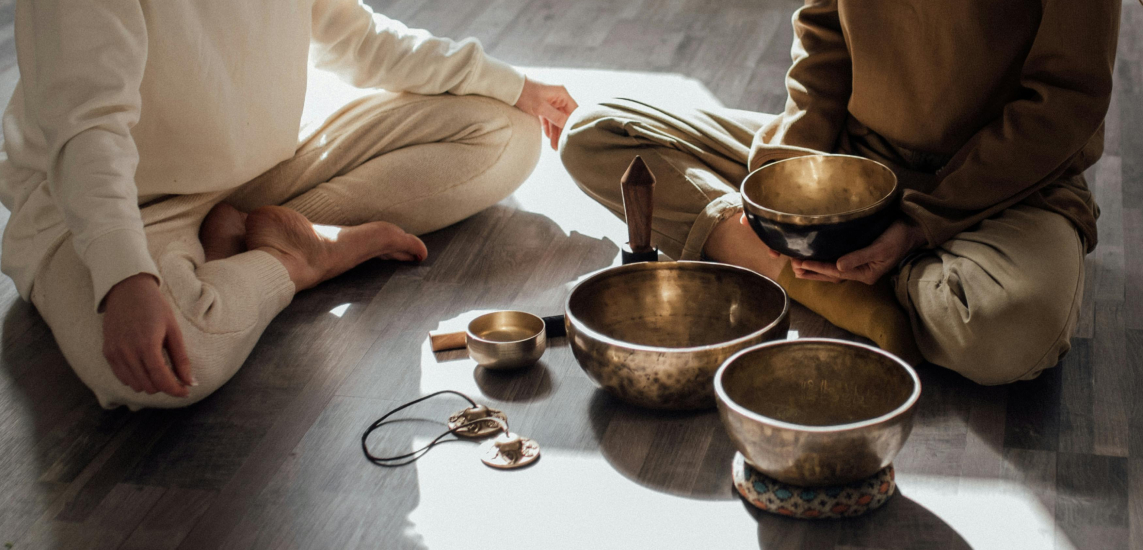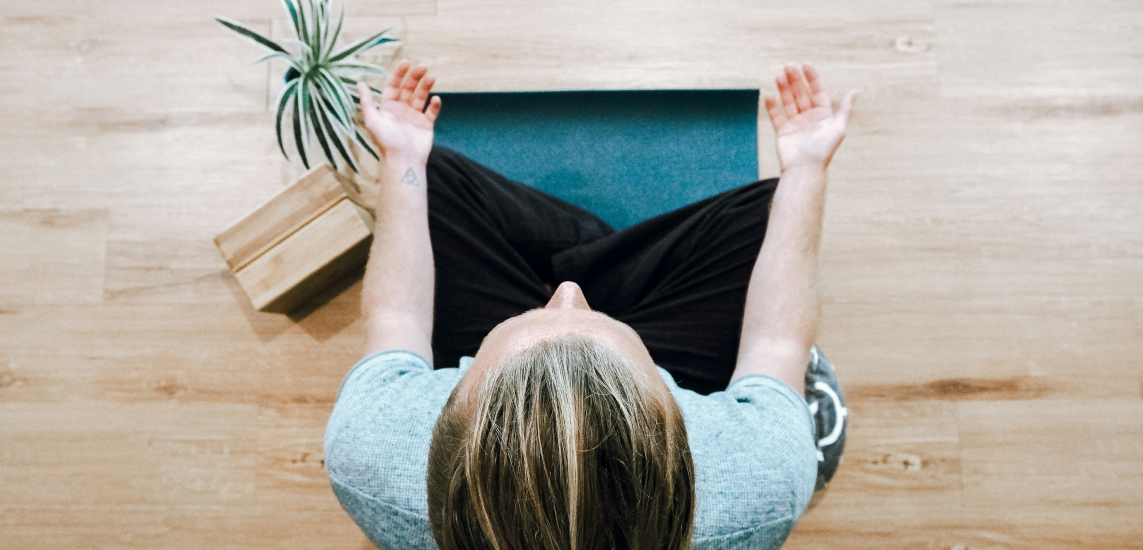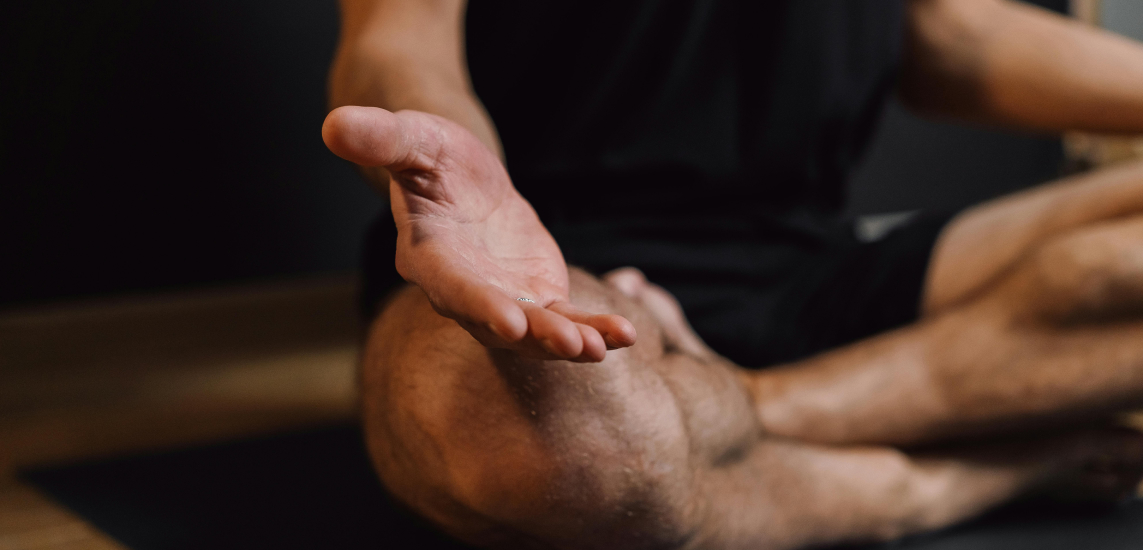Laurie J. Cameron shares how slow cooking risotto has become a form of mindfulness and meditation in her daily routine.
Slow Cooking As A Way To Focus Your Attention
“One of the very nicest things about life is the way we must regularly stop whatever it is we are doing and devote our attention to eating.” — Luciano Pavarotti, tenor
Life is strange these days, and one of the biggest shifts is how food has become more central in our everyday lives. We must put more effort in to procuring, storing and planning what we will eat now more than ever. It is a challenge and an adventure. Dodging shoppers in the grocery store in my self-made mask and disposable gloves, backing out of busy aisles and standing six feet behind the next person is only where the adventure begins.
I’m far from alone in craving savory, slow recipes during these uncertain times. As restaurants move from in-person dining to delivery, more and more Americans are experimenting with home cooking for the first time. One recent survey found that respondents are now cooking an average of six meals a week, nearly double the 2018 average of 3.8. I find myself planning, sharing and enjoying food with people far more often these days.
I was reminded the other night that slow cooking is an excellent form of focused attention meditation, connecting with others in meaningful ways, and savoring with the senses. I have a bunch of green asparagus to thank for these insights. I saw the bright green spears standing tall in my little market and couldn’t resist giving in to our springtime tradition: asparagus risotto.
Meditating While Cooking Risotto
Back at home, I gathered the ingredients and supplies: the Italian arborio rice I keep stocked in the pantry for just such whims, my favorite Tuscan olive oil, vegetarian stock, white wine (some for me, some for the pot), a yellow onion, a hunk of Parmigiana Reggiano cheese (some for me, some for finishing at the end), my big wooden spoon (a gift from Chuck Williams from my time working at Williams-Sonoma in San Francisco), and my beloved red heavy-bottomed enameled iron pot. Even the gathering and assembling of each item began to calm my busy mind and quell the rising fears from the latest news update I heard earlier in the day.
As I was stirring and stirring, I realized that cooking risotto is the perfect choice for a restorative mindful meditation break. If you’ve ever made risotto, you know that it involves having a couple of pots going at the same time—one for keeping your stock warm and one where the risotto is coming together. After sautéing the chopped yellow onion in the olive oil and toasting the arborio rice for a few minutes, the meditation begins. The next thirty minutes involves transferring the stock, one ladle at a time, into the simmering and bubbling arborio rice. What I observed—and enjoyed—was that I couldn’t step away, multi-task, or get distracted.
When you are measuring, adding, stirring, and watching, risotto cooking demands that you stay, right there, with awareness, curiosity and some playfulness. Just like we learn to do in meditation. We focus, we get distracted, we return attention, and begin again. Research from Matthew Killingsworth at Harvard shows that when our body and our attention (our thoughts) are in the same place at the same time, the result is a high state of well-being. Risotto is your friend.
Risotto cooking is like a mindful breathing meditation, but instead of watching your breath move in and out of the body, you are watching the liquid slowly become absorbed into the arborio, gently stirring, just observing. When the liquid disappears, that is your cue to transfer another ladle of stock over to the big pot. And you begin again… stirring, watching, noticing… it is an embodied meditation involving movement and the senses. You’ll discover that the tantalizing aromas that arise also create a calm, relaxed state. The joy that arises opens the heart.
Read more: In another article, Mark Bertin explains how one mindful breath can unfold the many benefits of making mindfulness a habit in daily life.
Pause here and take a mindful break now with these guided meditations by Laurie:
- Focused Attention Laurie J. Cameron
- Centering In Chaos Laurie J. Cameron
- Sensing What Will Serve Laurie J. Cameron
- Take In The Good Laurie J. Cameron
- Open Awareness Meditation Laurie J. Cameron
A Mindful Break Not Just For You But Everyone
But don’t keep this joy all to yourself. Risotto is great for bringing people together. One family member had the job of chopping the fresh asparagus into 2-inch pieces, washing it, and blanching it in a pot of boiling water. My daughter was all over the big hunk of Parmigiana, grating, grating, grating, and offering us pieces for cooking sustenance. I was stirring the arborio. It felt good to chop, stir and grate side-by-side at the end of the day. When it came time to fold in the asparagus and the cheese at the end and plate the food, we were relaxed, connected and happy.
In this time of crisis, I find myself returning to the most basic of comforts – painting in our studio with my daughter Ava Grace, hikes with my dog Max, video chats with my oldest friends, and of course, delicious home cooking. And what could be more soothing in both process and product than a creamy, dreamy risotto?
As we set the table to enjoy the meal we prepared together, I was thankful. Thankful to be eating with my family, thankful for those who played a role in getting the ingredients from fields to my own table, and thankful for this beautiful, tragic, loving, vivid world that we live in. And as Thich Nhat Hanh reminds us, we can be thankful that we are alive together in this moment. Right here, right now.
In her course “50 Days To Mindfulness”, Laure J. Cameron explains new ways of being—living a more aware, compassionate and meaningful life. The course will teach you how to approach life’s joys and challenges from morning to evening in the realms of Home, Work, Love and Play. Another blog article reflects on one of her course sessions and explores how to create space and clarity when feeling overwhelmed.


-1.jpg)




